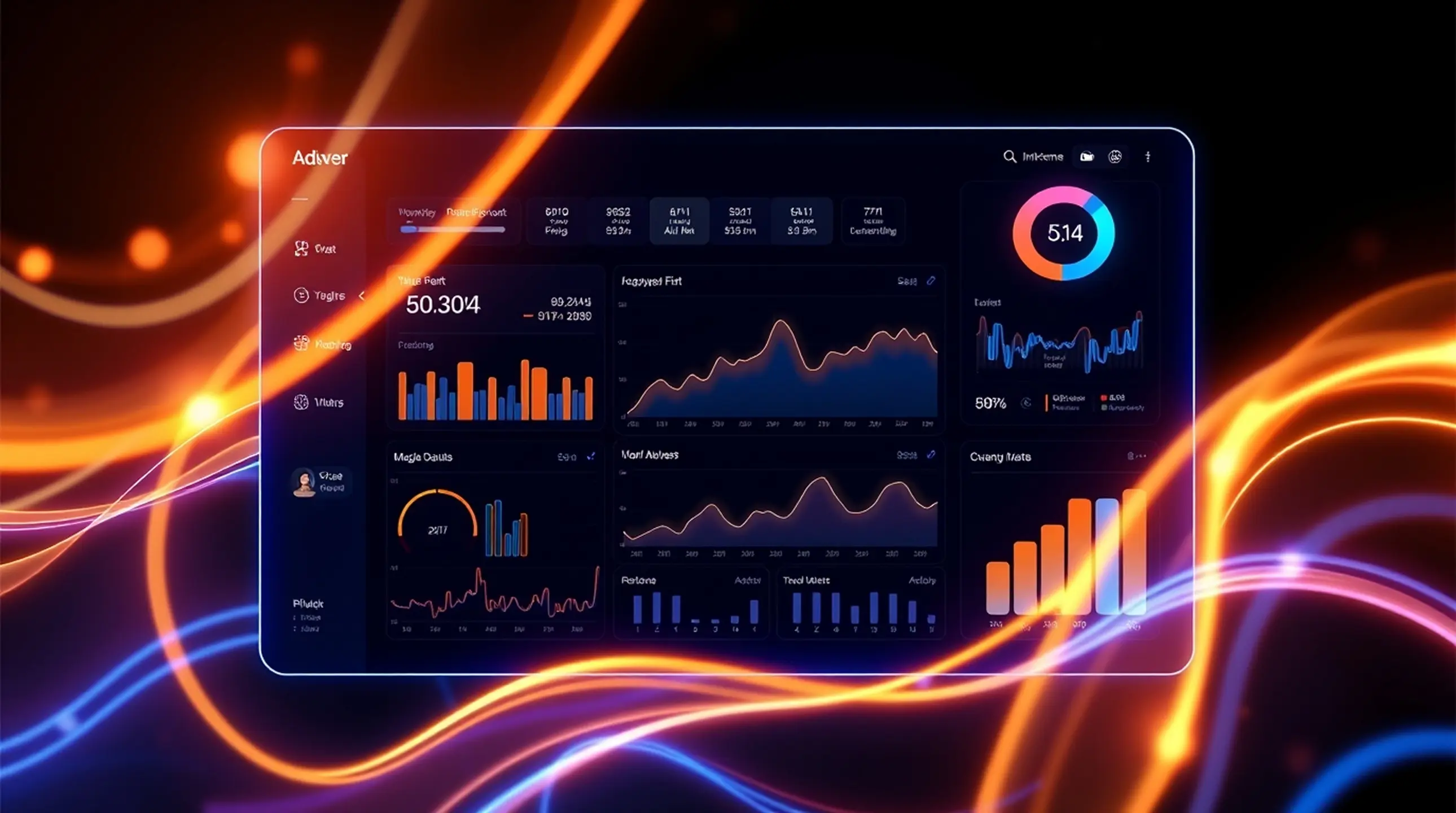In today's interconnected world, organizations operate within an environment of unprecedented volatility, uncertainty, complexity, and ambiguity (VUCA). From abrupt environmental shifts to rapid market disruptions, the ability to anticipate and adapt is no longer a luxury but a fundamental requirement for survival and growth. Traditional static planning and reactive strategies often lead to vulnerability and missed opportunities. The sheer complexity of these dynamic systems makes **Artificial Intelligence and advanced analytics** indispensable for building true resilience.
At Zyllica, we leverage the power of Artificial Intelligence and advanced analytics to enable organizations to build truly resilient systems. Our methodology transforms static operations and rigid planning into dynamic, intelligent, and highly adaptive frameworks that can foresee, withstand, and strategically navigate environmental and market shifts. Our approach includes early warning and anomaly detection systems, predictive scenario modeling, and continuous learning to ensure our solutions are adaptive and future-proof.
Implementing AI solutions for building resilient systems offers profound benefits for businesses and governments. It leads to proactive risk management by anticipating and mitigating disruptions before they escalate, enhanced agility and adaptability, and strategic foresight to gain a competitive edge. This positions organizations as leaders in robust, responsible, and forward-thinking management.
Contact Zyllica's Science Team to discuss how AI can help you anticipate and adapt to tomorrow's challenges.
More Thought-Provoking Insights

Water scarcity is a global challenge. This article explores how AI can transform traditional, reactive water management into a proactive and predictive science, enabling intelligent consumption rationalization and ensuring a sustainable water future.

Effective water resource management is hindered by unmetered water concessions. This article explores how AI and advanced inferential modeling can transform this critical blind spot into a powerful asset, enabling authorities to make informed decisions and achieve a more complete water balance.

Industrial operations are vital for economic growth, but often have a significant environmental footprint. This article explores how AI and advanced analytics can revolutionize industrial emission control, transforming it from a reactive necessity into an intelligent, optimized, and highly effective operational advantage.